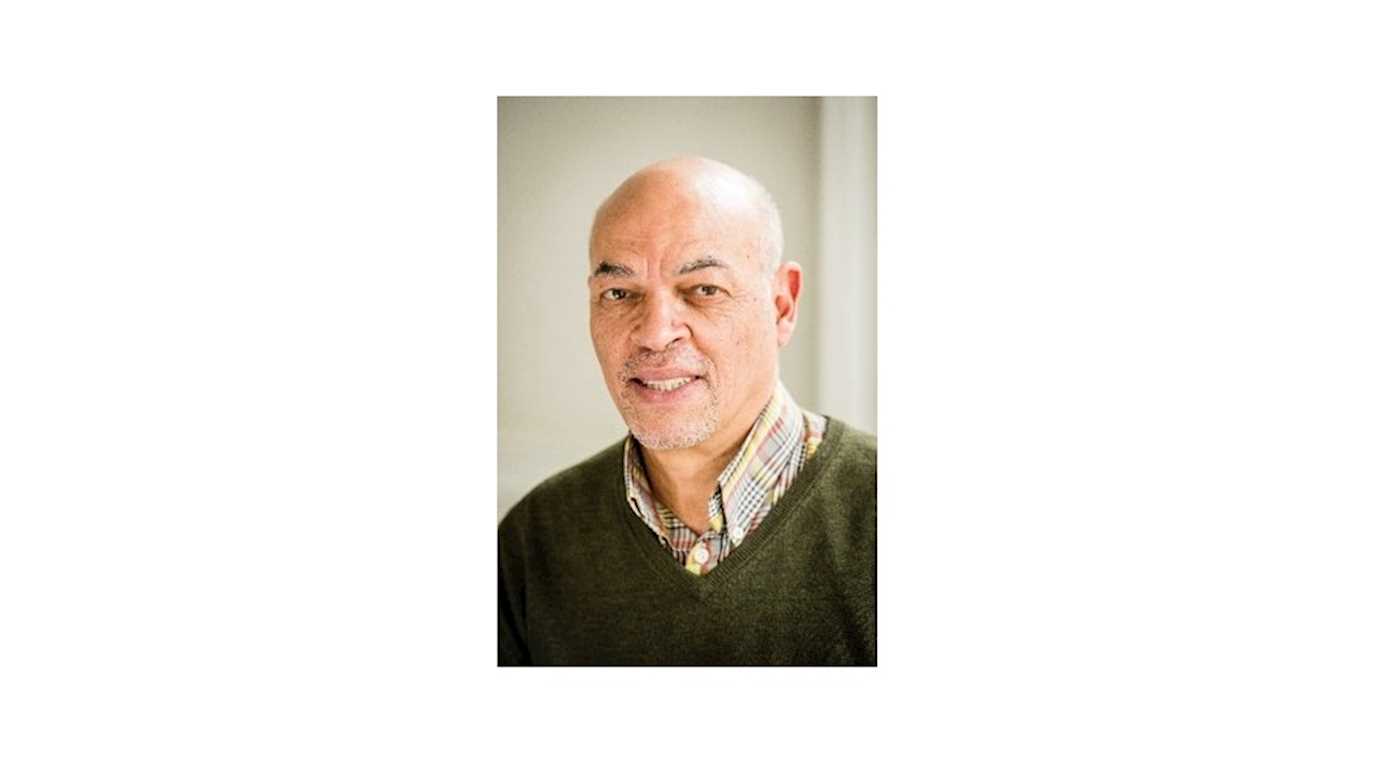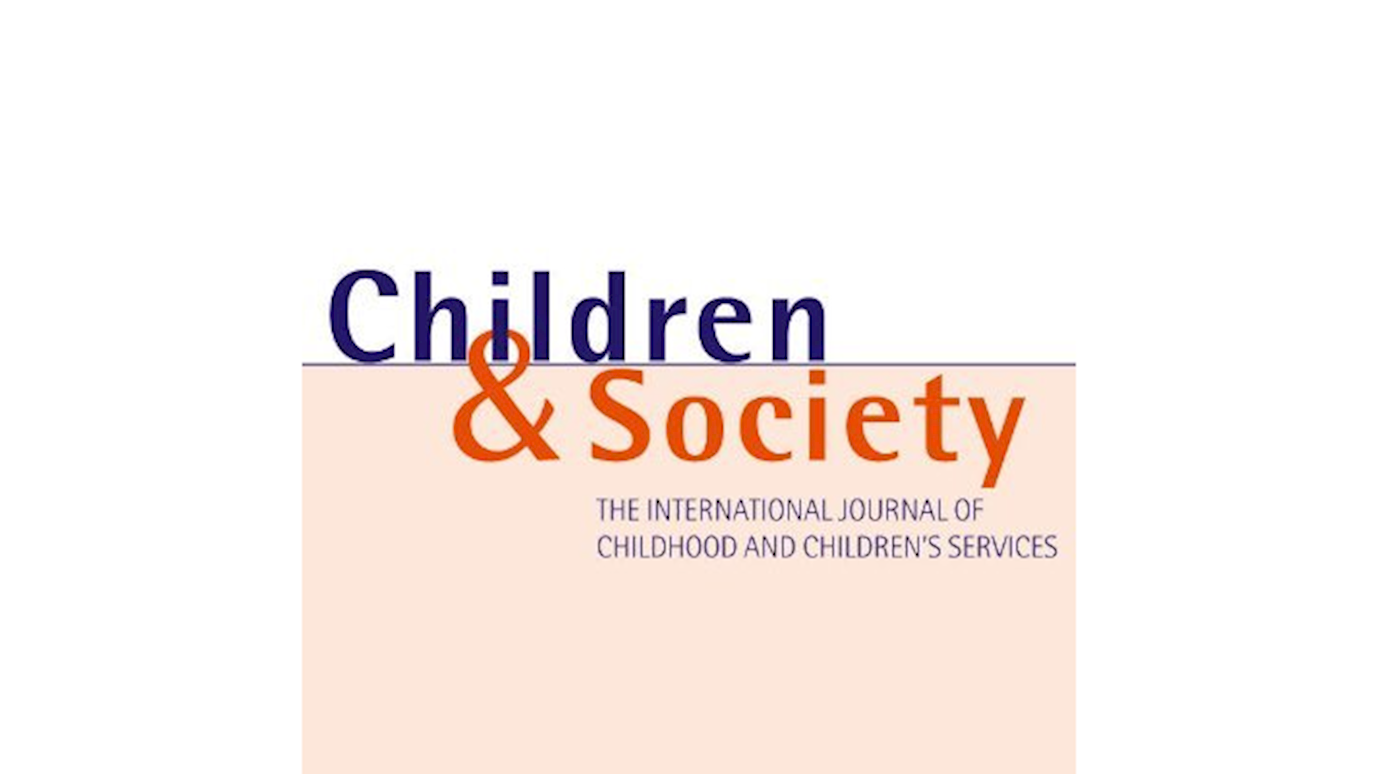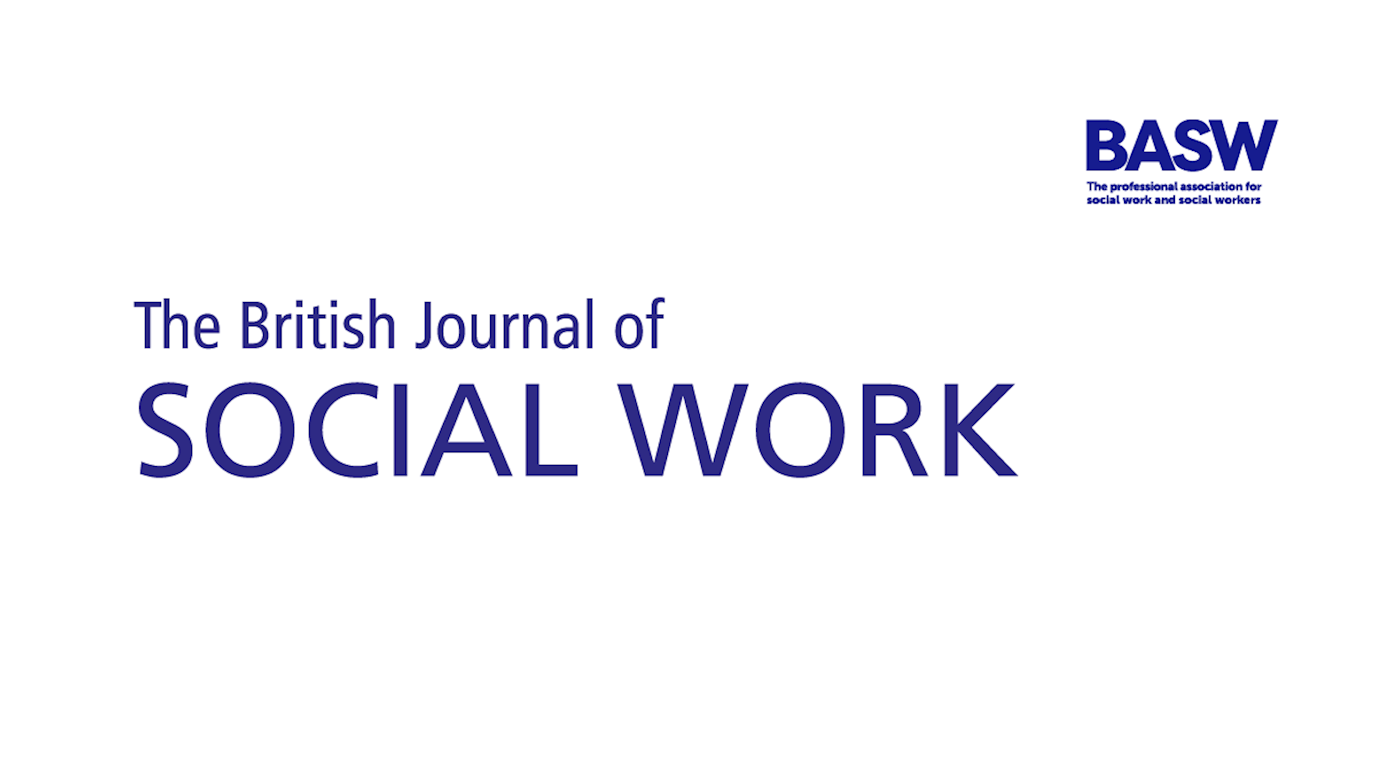Mental Health Question Time webinar featuring Prof Frank Keating, Department of Social Work, School of Law & Social Sciences. November 2020

A lively Mental Health Question Time webinar in November examined how we can promote diversity and equity in mental health science. Panellists include Prof Frank Keating from the Department of Social Work alongside a range of speakers from Black Thrive, King’s College London, Manchester University & Royal Holloway, University of London.
The coronavirus pandemic has shone a light on the race inequalities in the mental health system, demonstrating that people from Black, Asian and minority ethnic communities have been disproportionately affected by the pandemic: ‘dual viruses’ of racism and COVID-19. Mental health research fails to answer many of the important questions about how Black, Asian and minority ethnic people can best be supported, because the vast majority of studies fail to recruit a representative sample. The insights gathered are often analysed through a white Euro-centric lens and therefore recommendations are unlikely to be culturally appropriate.
What’s more, researchers from Black, Asian and minority ethnic backgrounds are massively underrepresented in the world of mental health research and communities with lived experience are seldom leading research, which means we won’t be asking the right questions to help systems make better choices about the solutions they invest in. More information about Prof Keating’s research in this area is available: https://www.sscr.nihr.ac.uk/recovery-for-african-and-caribbean-men/
























